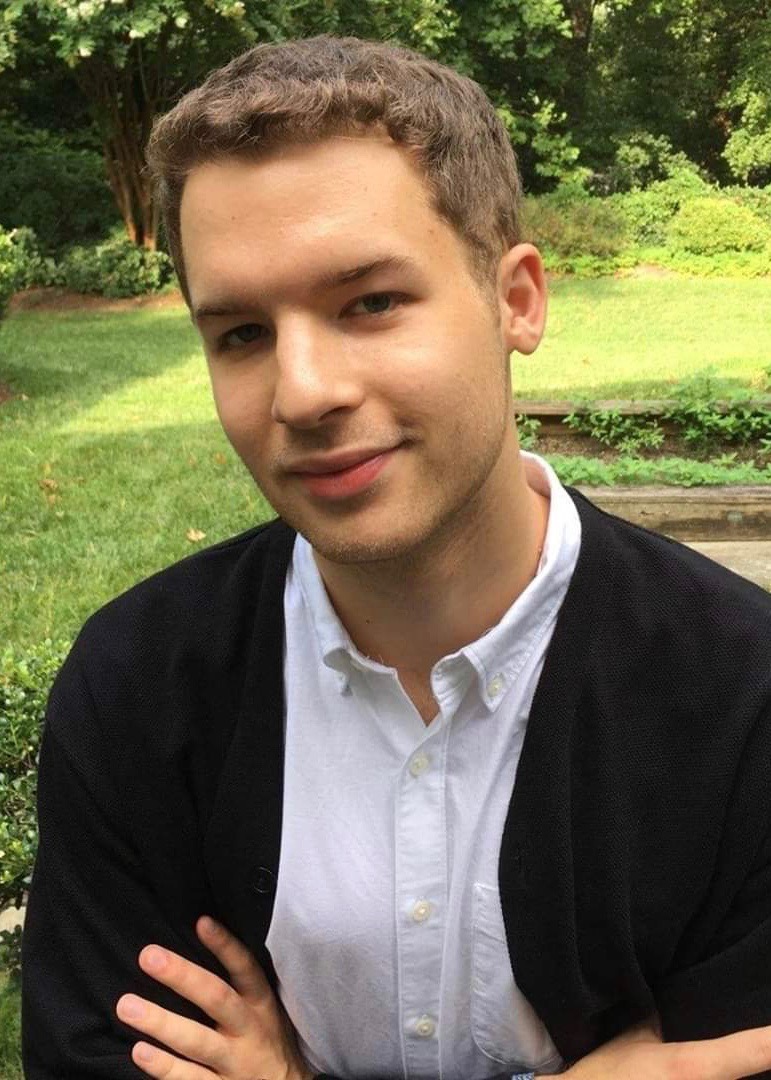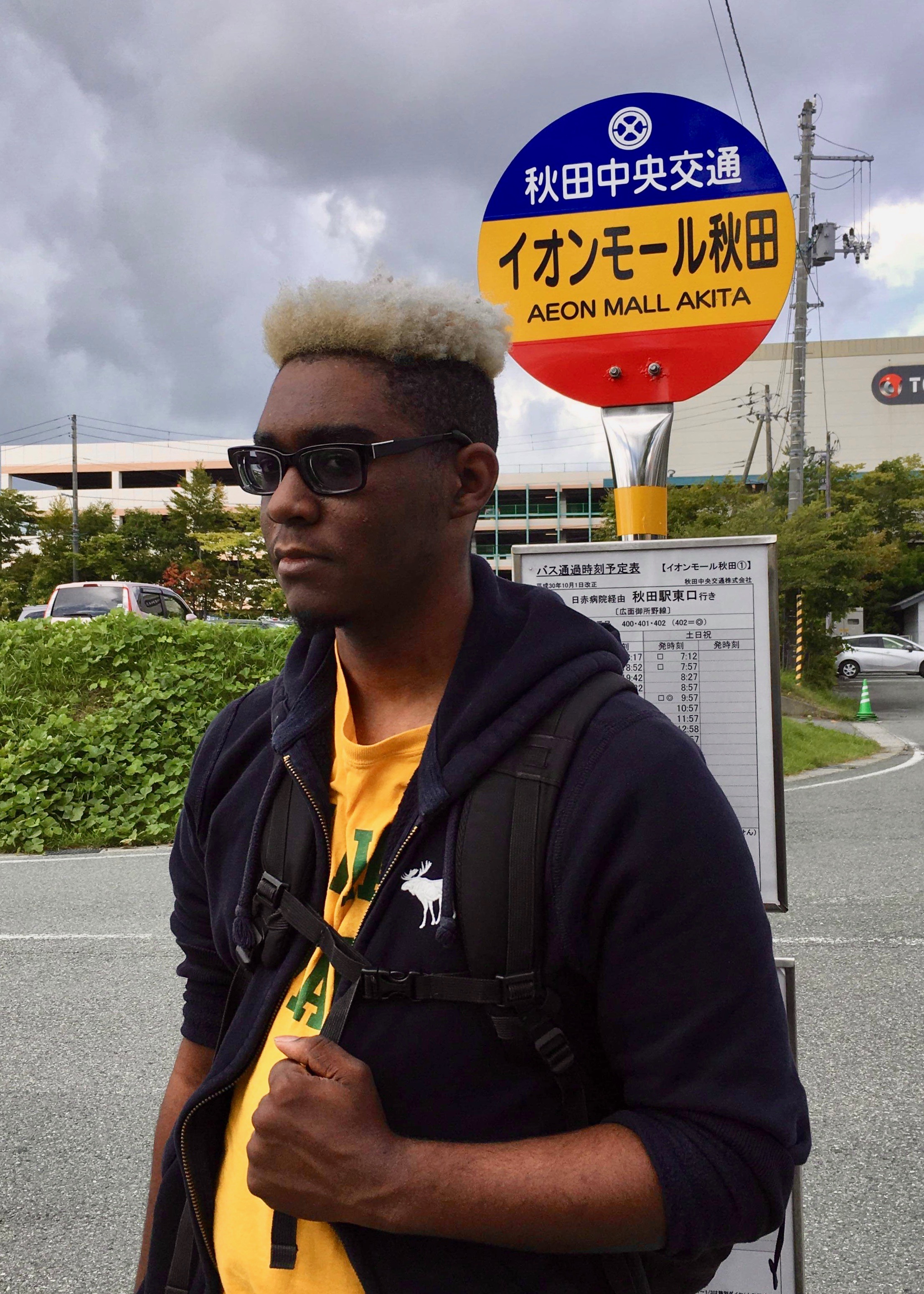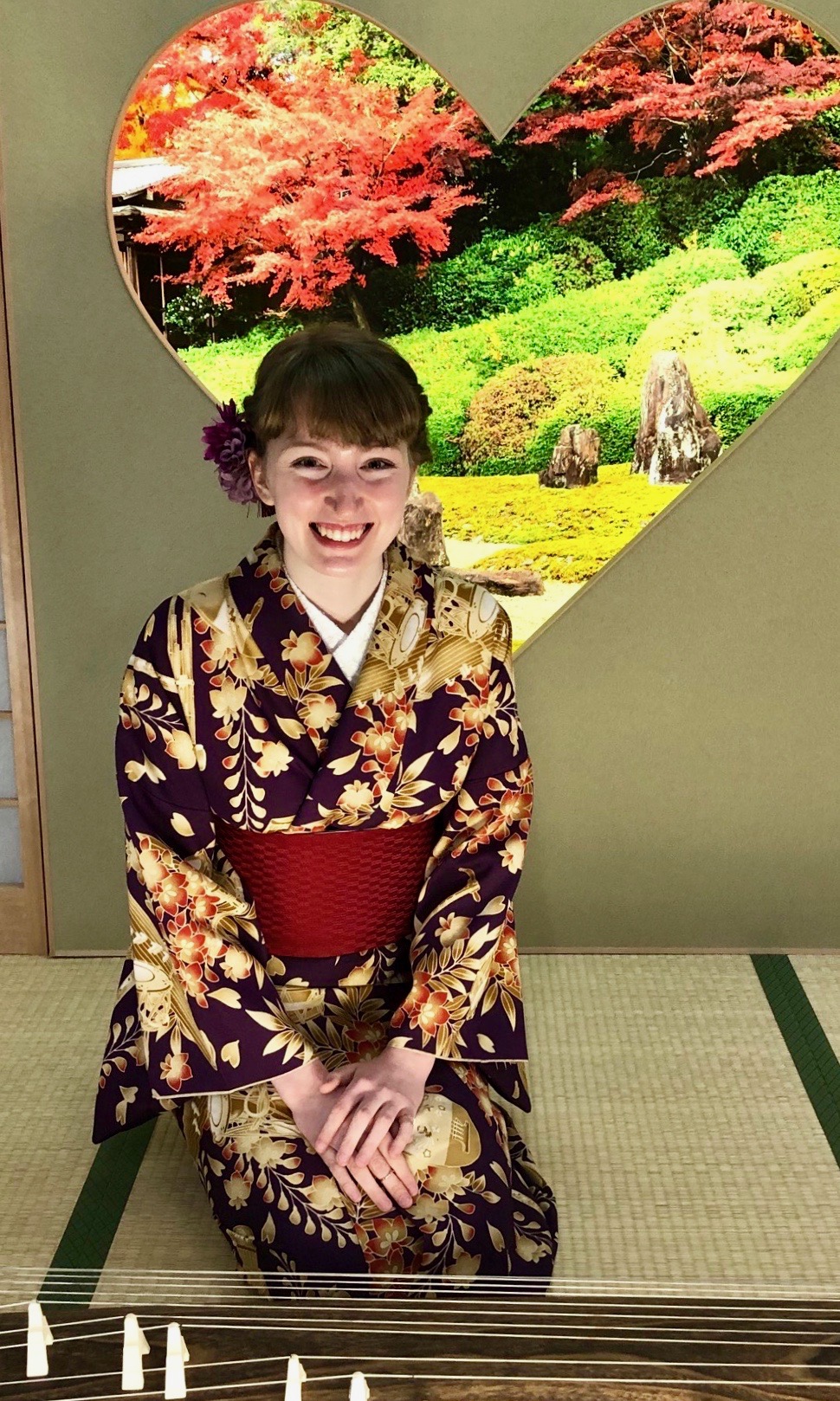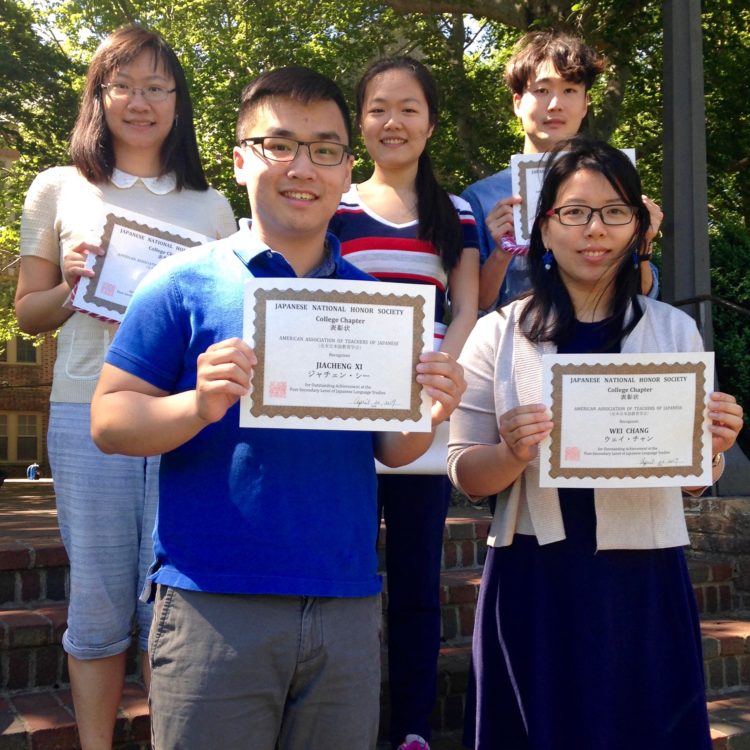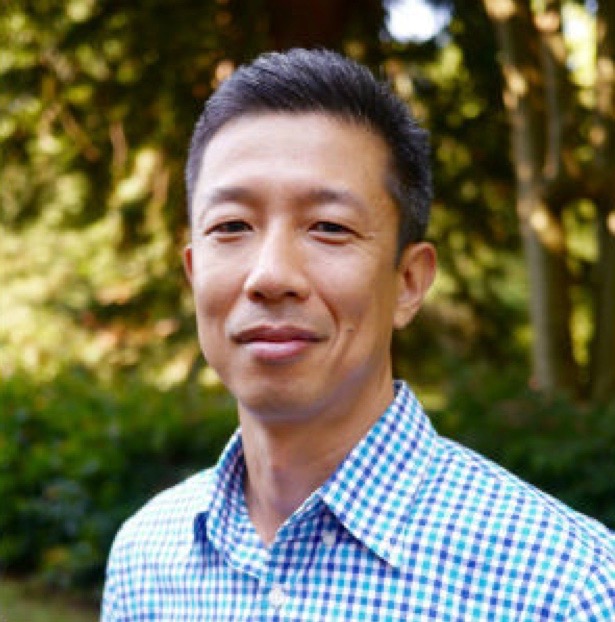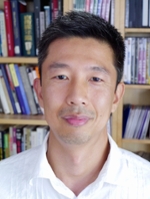The 2021 graduates of William & Mary’s Japanese Studies Program celebrated their academic achievements during a virtual commencement ceremony on Friday, May 21. They marked this milestone with their peers, William & Mary faculty and staff, and thirty guests, including family and friends. The graduates—Bobbi Joe Carwile, Caleb Rivers, Jackson Lawson, Reese Willis, Jin Lee, Campbell Wharton, Ben Ryan, and Kayla Zanders—represent the second cohort of students in the major. In addition to eight students in the major, William & Mary also honored three students in the minor: Amber Blanton, Anna Ledwin, and Kate Lucas.

Ms. Tomoko Nakamura, Second Secretary at the Embassy of Japan to the United States of America, in Washington, D.C., served as the ceremony’s guest speaker. Nakamura commended the students for becoming part of the bridge between two countries. By embarking on the journey to learn the language and culture of Japan, the graduates are poised for greater job opportunities. The lessons the students learned at William & Mary have allowed them to better understand the similarities and differences between their culture, Japanese culture, and many others around the globe. As globally minded citizens, they are ready to navigate today’s interconnected world.

The Japanese Studies Program also recognized students’ academic excellence during the ceremony. Jackson Lawson received the Book Award. Kinyo Awards recipients included Ben Bowles. (Japanese 100 level), Ryleigh Line (Japanese 200 level), Ryujin Barlow (Japanese 300 level), and Ana Ledwin (Japanese 400 level). Jackson Lawson, Kayla Zanders, Bobbi Joe Carwile, and Kelly Shea were inducted into the Japanese Honor Society.
Dr. Michael Cronin, William & Mary’s Japanese Studies Program Director and Associate Professor of Japanese Studies, commended the students for their hard work and resilience during such a challenging time, sharing that he learned great lessons from their ability to adapt to change. Noting that few students come to college with significant training in Japanese language, he was happy to see such great success in the students as they discovered something new after arriving at William & Mary. We extend congratulations to the Class of 2021, wishing them a successful and prosperous future. 皆さん、おめでとうございます!
